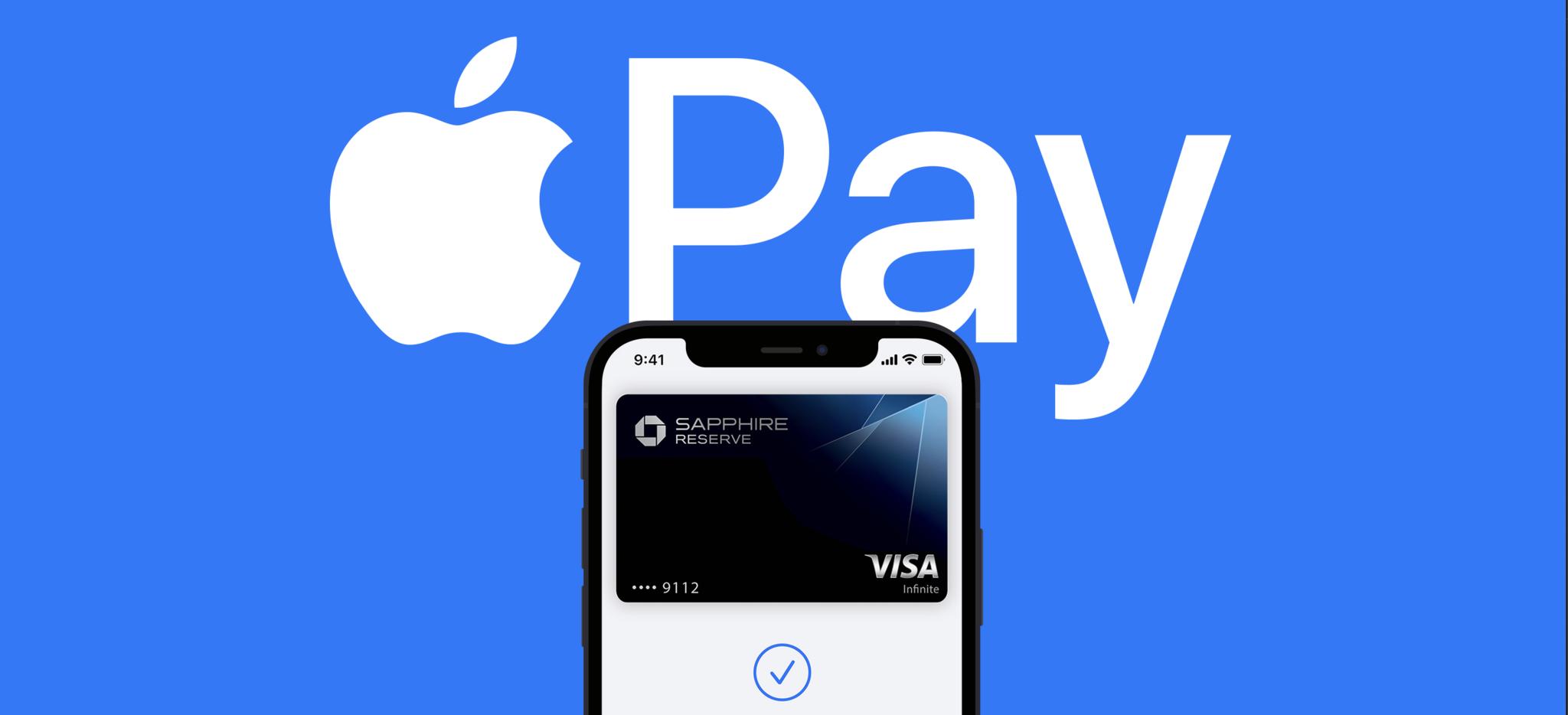
The EU says it has accepted commitments made by Apple to transform tap-to-pay technology on iPhone, making changes to Apple Pay legally binding in the bloc.
In a press release Thursday the EU said it "has made commitments offered by Apple legally binding under EU antitrust rules. The commitments address the Commission's competition concerns relating to Apple's refusal to grant rivals access to a standard technology used for contactless payments with iPhones in stores."
As it stands, only Apple Pay can be used on iPhone through the device's near-field-communication (NFC) tech for making payments. Now, that's going to change.
The EU said it found that "Apple has significant market power in the market for smart mobile devices and a dominant position on the in-store mobile wallet market on iOS," and worse that it "abused its dominant position by refusing to supply the NFC input on iOS to competing mobile wallet developers, while reserving such access only to Apple Pay."
Apple has been under pressure to change its business model or face some hefty fines, and now it has caved. Here's what's changing.
Apple Pay changes in the EU

Apple initially offered the following commitments to the EU:
- To allow third-party wallet providers access to the NFC input on iOS devices free of charge
- To apply a fair, objective, transparent, and non-discriminatory procedure and eligibility criteria to grant NFC access to third-party mobile wallet app developers
- To enable users to easily set an HCE payment app as their default app for payments in stores and to use relevant functionalities such as Field Detect (which opens the user's default payment app when a locked iPhone is presented to an NFC reader), Double-click (which launches the default payment app when double clicking the phone's side or home button), and authentication tools such as Touch ID, Face ID, and device passcode
- To establish a monitoring mechanism and separate dispute settlement system
The EU says that it has tested Apple's commitments in consultation with third parties, and that Apple has since amended its proposal to include following:
- To extend the possibility to initiate payments with HCE payment apps at other industry-certified terminals, such as merchant phones or devices used as terminal (so called SoftPOS), if this is enabled.
- To explicitly acknowledge that HCE developers are not prevented from combining the HCE payment function with other NFC functionalities or use cases.
- To remove the requirement for developers to have a licence as a Payment Service Provider (‘PSP') or a binding agreement with a PSP to access the NFC input.
- To allow NFC access for developers to pre-build payment apps for third-party mobile wallet providers.
- To update the HCE architecture to comply with evolving industry standards used by Apple Pay, and to continue to update standards even if they are no longer implemented by Apple Pay, under certain conditions.
- To enable developers to prompt users to easily set up their default payment app and redirect users to the default NFC settings page, enabling defaulting with only a few clicks.
- To comply with the same industry standard specifications as developers of HCE payment apps and to protect confidential information obtained in the context of an audit.
- To shorten deadlines for resolving disputes. Moreover, Apple offered additional independence and procedural guarantees for the monitoring trustee
The Commission appears satisfied that "Apple's final commitments would address its competition concerns over Apple's restriction of third-party mobile wallet developers' access to NFC payments in stores for EEA iOS users," so much so that it has decided to make them legally binding for the next ten years.
The change means that users in the EU will now be able to use rival payment services like Samsung Pay and Google Pay on iPhone just as they do Apple Pay.
In a statement to iMore, the company said: "Apple is providing developers in the European Economic Area with an option to enable NFC contactless payments and contactless transactions for car keys, closed loop transit, corporate badges, home keys, hotel keys, merchant loyalty/rewards, and event tickets from within their iOS apps using Host Card Emulation based APIs." It continued " Apple Pay and Apple Wallet will continue to be available in the EEA for users and developers, and will continue to provide an easy, secure and private way to pay, as well as present passes seamlessly from Apple Wallet."
Apple says that there won't be any changes to either Apple Pay or Apple Wallet, but rather the move will bring more options for developers if they want to enable NFC contactless payments in their apps. Customers will be able to choose whether to use Apple Pay, or a different NFC-enabled iOS app.
The change is another crucial blow to Apple's business model in the sector. The company has heavily marketed the security and safety of Apple Pay, and the convenience that it offers users. As with EU changes forced on the iOS App Store, the measure might generate more "competition" for some developers, however, it will inevitably come laden with immense technical baggage that will make the barrier of entry extremely high, thereby only really benefitting other massive companies in the sector.
Apple continues to walk on eggshells in the EU, recently announcing Apple Intelligence would not be coming to iPhone in the EU because of concerns about competition. Ironically, the EU has labeled the decision as anticompetitive.







